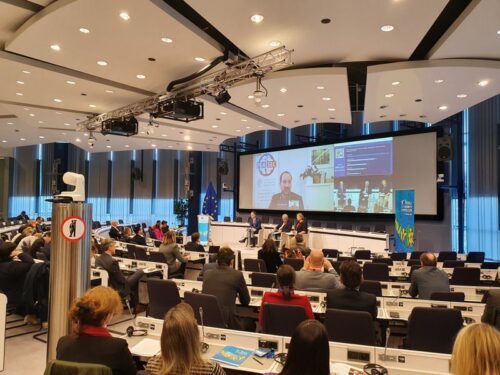Over the past three years, the COVID-19 pandemic and Russia’s war against Ukraine, in particular, have brought to the forefront the difficulty of preparing for and managing crises. The clustering of such events has also illustrated the danger of compound crises, whereby cascading effects hamper crisis management efforts.
Our security landscape has become highly contested and unpredictable. From geopolitics to the digital realm, transboundary threats interact in a complex system along with more traditional threats, such as great power competition, often reinforcing each other. In addition, conflicting narratives, fake news, online disinformation and misinformation campaigns make crisis management extremely challenging by polarising debates and sowing mistrust of authority.
European societies must learn from recent events and strengthen their crisis management capacities to deal with the complexity, novelty and uncertainty that define modern crises. Planning for both known and unknown risks is imperative to protect people and critical infrastructures and to minimise disruptions in our societies. This cannot be achieved by governments alone but requires the involvement of many actors in society – citizens, media, businesses, non-governmental organisations etc.- to anticipate and understand developing threats and mitigate them effectively.
The panel brought together experts from different disciplines to identify the key lessons learned from the COVID-19 pandemic and Russia’s war in Ukraine and to explore avenues for enhancing crisis management strategies.
The Symposium was helt at the European Commission, Charlemagne building, Rue de la Loi 170, 1000, Brussels on Tuesday, 6 December 2022
